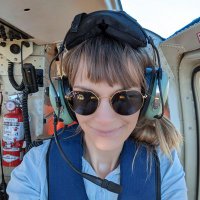
Alice Klein
@alicevklein
Reporter for @newscientist in Australia 🦘 Chemistry PhD from @Sydney_Uni 🧪 Email: [email protected] - currently on maternity leave
ID: 1684640874
http://newscientist.com 20-08-2013 02:37:59
1,1K Tweet
1,1K Followers
1,1K Following

Over 100,000 people in the US alone are waiting for a kidney transplant. One possible solution to the donor shortage may be to grow human kidneys in pigs by first creating human-pig hybrid embryos New Scientist newscientist.com/article/239107…


Loved this Friday essay: homesick for ourselves – the hidden grief of ageing theconversation.com/friday-essay-h… The Conversation - Australia + New Zealand
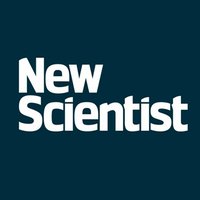



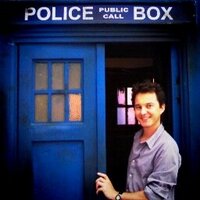
What a beauty! Check out the New Scientist #microbiome special newscientist.com/article/239530…


Did you know that you share 12% of your gut microbes with the people you live with? And that couples exchange 80 million bacteria on average during a 10-second kiss? Read more in our New Scientist special on the microbiome this week. newscientist.com/article/239538…


We are looking for an Australian-based news reporter at New Scientist to cover me for 12 months while I'm on maternity leave. Can be done from anywhere in Australia: jobs.newscientist.com/job/1401918475…
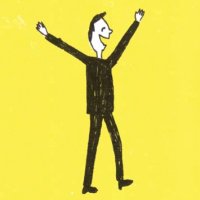
📢Space reporters 📢 I'm light on space news stories atm so very open to pitches. Drop me a line on [email protected] if you've got something you'd like to write for New Scientist. You can see the sort of thing we do here (tagged news) newscientist.com/subject/space/


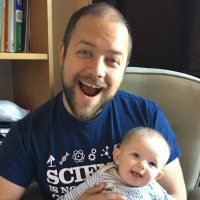

A new bowel cancer screening test that analyses RNA in your poo is more accurate than existing stool tests (like those mailed to older adults in UK/Australia) while being cheaper + more convenient than a colonoscopy. It has been submitted for FDA approval. newscientist.com/article/239997…




What a thrill to win the UK Medical Journalists' Association's award for cancer reporting for my New Scientist piece on genetically-engineered bacteria for treating cancer: tinyurl.com/2rc5rn74 Thanks Medical Journalists' Association and editor Alison George! #MJAAwards
